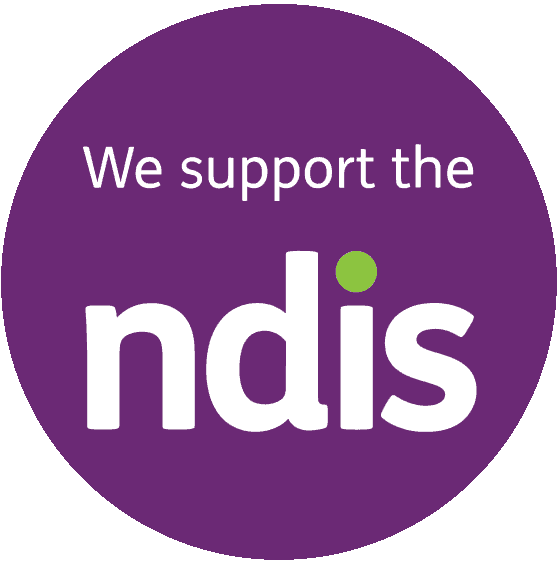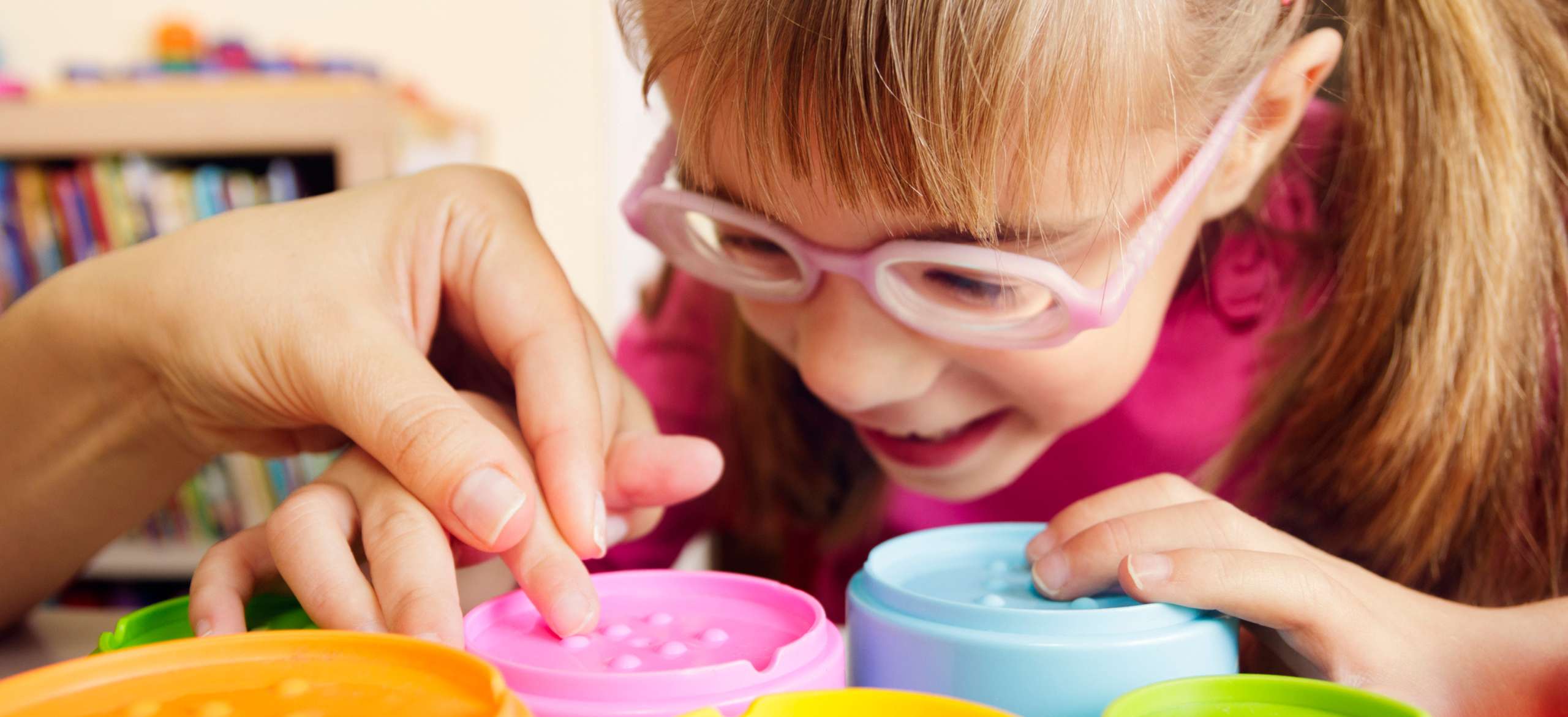
Occupational therapy
Our occupational therapists help you take part in daily activities, like self care and school work, by supporting regulation, teaching skills and adapting tasks.
Enquire Now Start Your BookingOccupational therapy helps your child to overcome physical, social or emotional barriers to live an independent and successful life.
Occupational therapy (OT) for kids helps them do the things they need to do to the best of their ability. And some of the most important things a child needs is to be able to be part of the family, play with friends, go to school, find a hobby, and participate in other activities and sport.
Our Occupational Therapists will work with your child to build their independence by focussing on important and necessary daily living activities. These include:
- Gross and fine motor skills (sitting, crawling, throwing a ball, handwriting)
- Self- care skills (dressing, eating, toileting)
- Self-management skills (emotional regulation, sensory processing)
- Learning skills (attention, concentration, executive functioning)
- Social skills (engaging with others, play, making friends)
Ultimately the end goals are participation in meaningful activity, developing the skills that are important for success at school, and achieving a quality of life by reaching their full potential.
To learn more about children’s occupational therapy or to book an appointment contact your nearest Early Start Australia clinic.

Benefits of occupational therapy
Occupational therapy helps your child develop essential life skills.
For them to achieve independence in life, OT will enhance their ability to play and engage with others, improve their performance at school, participate in group activities, and increase their abilities to go about their daily activities.
Each individual child is different and will have specific areas that need therapy and have different goals, but in general, the benefits of occupational therapy will see your child:
- Develop fine motor skills so they can grip and release toys and develop good handwriting or computer skills.
- Improve their hand-eye coordination so they can play, do sport and work in the classroom effectively.
- Master basic life skills such as washing and dressing themselves, and self-feeding.
- Learn positive behaviours and social skills by practicing how they manage emotions like frustration and anger.
- Get the right equipment they need to give them independence, such as, wheelchairs, splints, bathroom equipment, dressing devices, and communication aids.
Most importantly, when your child develops these skills and abilities, it boosts their self-esteem, increases their confidence which helps them go out and get the best out of life.
How occupational therapy works
Your child starts occupational therapy with an initial consultation. This appointment is a chance for you to get to know your therapist and your therapist to get to know your child to understand their strengths, weakness and needs.
Your OT will ask you some background details, like what you are hoping to achieve with occupational therapy intervention, get a developmental history and any relevant information about kindy or school. And they’ll talk to you about your child’s skill development.
Your child’s occupational therapist may identify an area for formal assessment, or they may wish to complete some observations as part of the information gathering phase.
From here, they’ll develop a set of goals in collaboration with you and your child and set an individually tailored plan for therapy.
Your child’s therapy can be seen as ‘short-term’ intervention or longer-term support, depending on your goals and priorities for support. And it can be from one hour a fortnight through to several times a week, depending on your circumstances.
It’s important to remember that therapy doesn’t just happen in the clinic rooms. We’ll work with you and your child’s carers to provide support and strategies for their day-to-day life.
At regular intervals, we’ll sit down together and review your child’s progress, to ensure they have the right program in place to achieve their goals.

Occupational therapy programs
As part of your therapy journey your Occupational Therapist may recommend some therapy programs to assist in achieving your goals including:
Program delivery varies between clinics so check with your local clinic about their programs.
Find a clinic near you
We have clinics in every state and territory providing assessments, early childhood intervention therapies, and support to help you thrive.
Find a clinicClinic contact details
834 Canterbury Road
Box Hill South VIC 3128
Call
Opening hours
Monday : 8am - 6pm
Tuesday : 8am - 6pm
Wednesday : 8am - 6pm
Thursday : 8am - 6pm
Friday : 8am - 6pm
Frequently asked questions
NDIS occupational therapy services

The National Disability Insurance Scheme (NDIS) is an Australian Government initiative that provides funding and support to individuals with disabilities, enabling them to access services to enhance their quality of life.
Early Start Australia is a registered NDIS provider delivering NDIS occupational therapy services across Australia.
Depending on your goals and individual needs, the NDIS may provide funding for allied health therapy supports such as occupational therapy to support the development of daily living skills to live a more independent life.
In your NDIS plan, occupational therapy is usually covered under the Capacity Building Supports budget (Improved Daily Living).
As a registered NDIS provider, our occupational therapists are registered with the Australian Health Practitioner Regulation Agency.
At Early Start Australia, our NDIS occupational therapists can support children and adults to improve fine and gross motor skills, sensory processing, self-care activities, and social participation.
We can also provide assessments such as functional capacity assessments and provide recommendations for assistive technology and home modifications where required.
To learn more about our NDIS occupational therapy services please contact us on 1300 372 439 or complete the online form.
The Early Start Australia promise

Holistic care and treatment plans
Our multi-disciplinary team works together with you to understand your child’s needs. From there, we’ll develop a plan with evidence-based strategies. Work with us to achieve your goals and enjoy a better quality of life.

Australia-wide reach
With clinics in every state and territory, and an experienced team of therapists. Find help when you need it, where you need it.

Registered NDIS provider
We are a registered NDIS provider and are here to help you on your NDIS journey. We provide quality and safe services, follow NDIS requirements, and support your needs and goals.

Early intervention at all stages
Early intervention is not just for young children. We offer therapies that cater to all ages, needs and abilities, and we know the sooner you start your therapy journey, the better your outcomes. With us, you can learn new skills and enjoy more freedom and control in your life.



